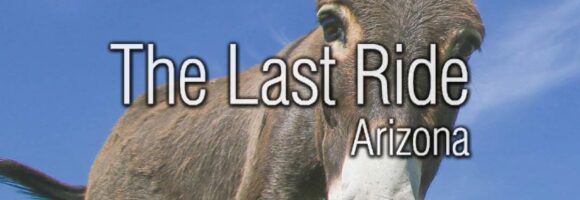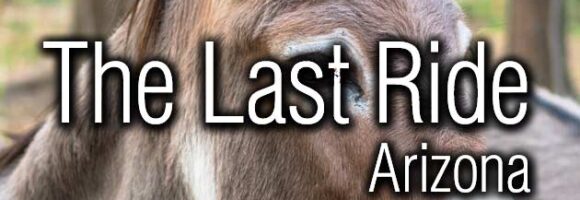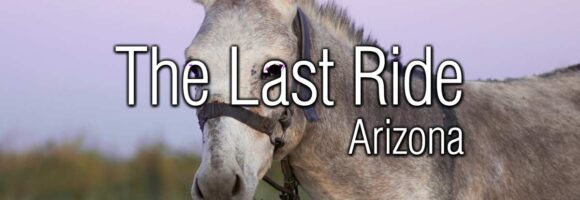Benefits of Owning a Donkey

There are many benefits of owning a donkey. Donkeys are very versatile animals and can be used for a variety of purposes. In Arizona, donkeys are often used as pack animals to carry large loads of gear or supplies. They are also used as working animals on farms and ranches.
Donkeys are very strong and can easily carry loads that weigh up to 200 pounds.
They are sure-footed and can navigate rough terrain with ease. They are also very intelligent animals and can be trained to do a variety of tasks.
Donkeys make great companion animals and are very loyal to their owners. They have gentle dispositions and are known for being affectionate and good-natured. Donkeys can live for more than 30 years, so owning one is a long-term commitment.
If you are thinking about owning a donkey, there are a few things to keep in mind. First, donkeys need plenty of space to roam and exercise. They also need access to food and water at all times. Donkeys should also be vaccinated against common diseases such as rabies and tetanus.
Overall, owning a donkey can be a very rewarding experience. These hardworking and intelligent animals make great companions and can be a valuable asset on any farm or ranch.
The Last Ride Arizona provides large animal removal services when it is time to say goodbye to your deceased pet or large animal. Contact us today, we can help.





